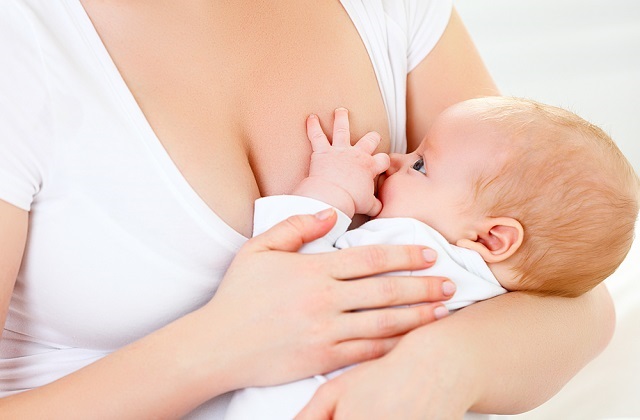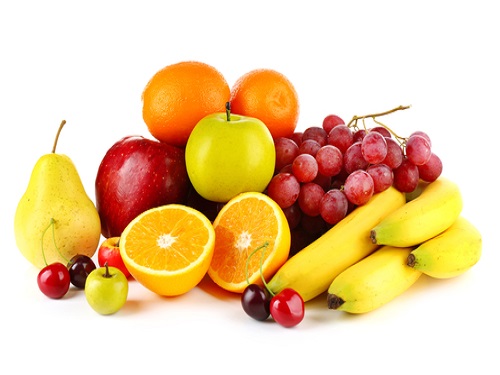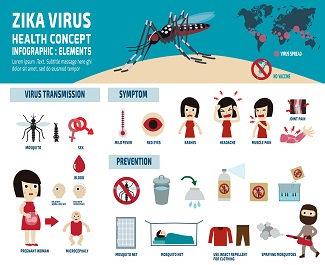Can I drink coffee while breastfeeding?
Drinking coffee is a daily routine for many mothers. “Can I drink coffee while breastfeeding?” Many mothers will ask this question because coffee contains a high level of caffeine, which is found to have many harmful effects.
Our good news is that The American Academy of Pediatrics and La Leche League International, a nonprofit advocacy group that distributes information on and promotes breastfeeding, say that it is safe to drink coffee in moderation while breastfeeding.
While The American Academy of Pediatrics advises nursing mothers to limit their consumption to 300 milligrams of caffeine, which is about three cups a day, La Leche League says it is safe to have 5 cups of coffee a day.
Health impact of caffeine on the baby and nursing mother
When you drink coffee, a very small amount of caffeine will enter the blood stream and end up in your breast milk. The amount of caffeine in your breast milk will peak one or two hours after you consume it. As your baby’s body does not have the enzyme to break down and get rid of the caffeine, caffeine will accumulate in his or her body. This especially occurs in 3 months old or younger babies.
The caffeine may cause your baby to become irritable, jittery and develop sleeping problems. If you suspect that your coffee consumption causes your baby to be cranky, you can stop drinking coffee for a week and see if there are any changes in your baby’s behavior.
Studies have also shown that excessive coffee consumption may lead to deficiency of iron in breast milk. Iron is needed to make red blood cells.
Because of the diuretic nature of coffee, coffee may also cause dehydration in nursing mothers.
Does caffeine affect my milk supply?
There is no evidence to show that caffeine decreases milk supply.
Instead, many studies over the years have shown that caffeine will not decrease breast milk. In one research by Nehlig and Debry, it is shown that if the mother has drunk excessive coffee, her baby may become fussy and jittery. Thus, the baby may not be nursed well and this could lead to a decrease in milk supply over time.
Sources of caffeine
Other than coffee, there are many other foods such as chocolate and tea which are rich in caffeine. Details of such foods can be found in the table shown below.
|
Food |
Amount of Caffeine |
|
Instant Coffee |
60-80mg per 250ml cup |
|
Tea |
10-50 mg per 250ml cup |
|
Coca Cola |
48.75 mg per 375 ml cup |
|
Green tea |
35-70 mg per 50ml cup |
|
Percolated coffee |
60-120 mg per 250 ml cup |
Decaf
Decaf is the short term for decaffeinated coffee. It is coffee with at least 97% of their caffeine removed. Therefore, decaf is not caffeine free as each cup of it still contains about 3mg of caffeine.
The most common method of decaffeinating coffee involves water, carbon dioxide and chemical solvents.
Knowing the adverse health effects of caffeine, many nursing mothers may opt for decaf. However, decaf also has its negative health impact. Although decaf has less caffeine, it also has less antioxidants as compared to regular coffee. Both regular and decaf coffee loses antioxidants during the roasting process, but decaf loses more in the process.
There is also a residue of chemical solvents remaining in the decaf coffee beans after the decaffeination process. Therefore, studies have shown that decaf drinkers have a higher incidence of rheumatoid arthritis due to the residues of chemicals used in decaffeination.
Lastly, decaf raises LDL cholesterol, fatty acids and apolipoprotein B whereas regular coffee seems to not have this effect.
Last reminder
Every baby is different. If you strongly believe that your baby becomes cranky after you have drunk coffee, it is suggested that you cut down your amount of coffee consumption and see whether it makes a difference.



